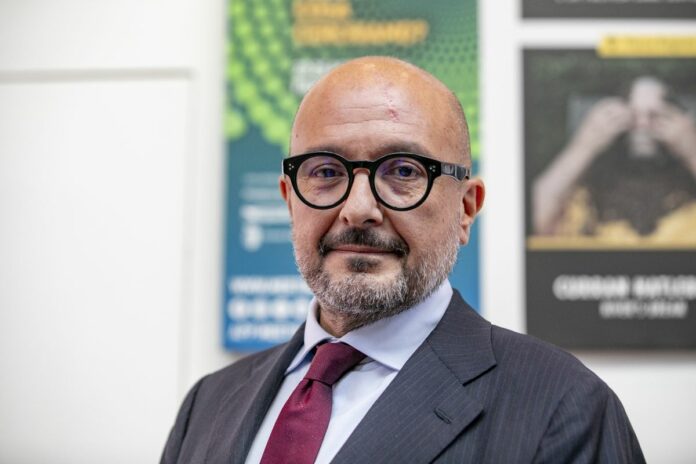In the wake of the Sangiuliano-Boccia case, one wonders: who resigns in Italy? And what are the criteria for a resignation? Are they objective, subjective, judicial, or reputational? There are cases where all categories apply, yet nothing happens. No one seems to consider resignation an option.
As the saying goes, “after Paris, a Mass is worth it,” but in Italy, we might say, “a chair is worth the embarrassment.” Since Giorgia Meloni’s victory in the 2022 elections, the left has demanded hundreds of resignations across all fields. If these demands were met, Palazzo Chigi would be emptier than during lockdown.
However, setting aside the compulsive, Pavlovian reflex of opposition demanding resignations and the government’s instinct to never grant them, what is the proper course? De-personalizing, de-ideologizing, and de-privatizing this issue, as the Italian media highlights today, there seems to be enough to draw a conclusion. Unless there’s a conspiracy afoot—then everything must be reconsidered.
Update
P.S.: Sometimes one gets proven wrong. The news of Sangiuliano’s resignation arrived this afternoon, now the former Minister of Culture in the Meloni government.


